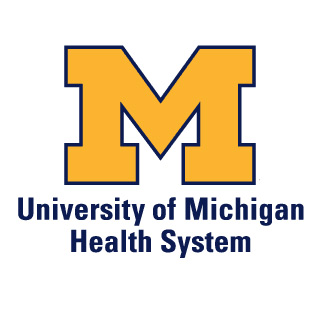
Prenatal injuries could frequently lead to self-correcting or fixable neuromotor delays, but occasionally toddlers may receive a more severe identification like cerebral palsy. Apparently, a few of those detections may arrive afterward or in a few mild cases, never.
Rosa Angulo-Barroso, associate professor of movement science at the U-M School of Kinesiology and colleagues trailed around 15 tots at danger for neuromotor delays for two years and examined their variations in physical activity and treadmill-stepping in their homes. The babies were supported by their parents in using the treadmills.
The study authors seemingly observed the regularity of steps and also the reduction in toe-walking over the two-year duration. For those babies who were still not walking, they supposedly followed up by calling families to observe if the toddlers were walking by the time they were 3.
The experts discovered that kids with neuromotor delays using the treadmill appeared to be improving the same way as normal kids. Of the 15 children, roughly 6 were identified with cerebral palsy.
Angulo-Barroso, who is also a study associate professor at the U-M Center for Human Growth and Development, commented, “We found that in those with neuromotor delays, the pattern of development through time was parallel (but less) than normal kids. We also found less toe-walking, so foot placement improved.”
The study also proposes a vital intervention window. Both children devoid of a diagnosis and kids with cerebral palsy appeared to improve the most between 10 months and 18 months.
A feasibility study only exhibits that it seems to need more studies to observe how much treadmill intervention assists. Nevertheless, Angulo-Barroso emphasizes that in the intervening time, parents ought to take other interventions sincerely.
The study was published in the Journal Pediatric Physical Therapy.
